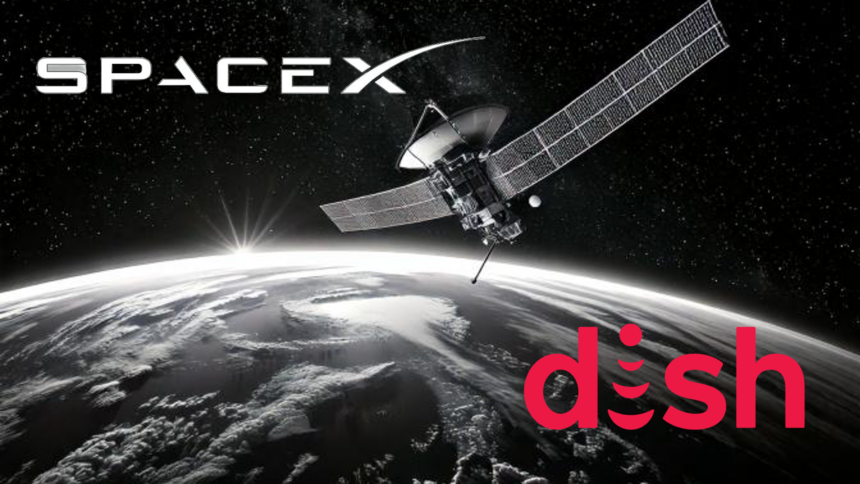Dish Network and SpaceX are once again battling over access to the 12GHz radio spectrum. Dish wants to use this frequency for 5G services, but SpaceX argues that such use could severely interfere with its Starlink satellite internet service. Despite previous setbacks, Dish remains determined to pursue its 5G ambitions, even as SpaceX pushes back with data claiming the risk of interference is too high. The fight over who gets to use the 12GHz band has high stakes, affecting both future 5G services and satellite-based internet access across the U.S.
What’s Happening & Why This Matters
Dish Network, through its parent company EchoStar, is advocating for permission to deploy 5G services in the lower 12GHz band. The Federal Communications Commission (FCC) had previously sided with SpaceX after Starlink subscribers expressed concerns about potential disruptions. However, the FCC left the door open for future 5G use in this frequency, provided it can coexist with satellite services.
EchoStar is once again pressing the FCC to approve its use of the 12GHz band, citing studies that claim 5G and satellite services can operate together without causing major disruptions. On the other hand, SpaceX remains adamant that Dish’s proposed network could harm Starlink users. SpaceX submitted a detailed analysis warning that Starlink customers within Dish’s 5G service areas would face interference, potentially 80% of the time.
EchoStar’s Argument
EchoStar claims that SpaceX’s analysis is flawed. It argues that the interference scenarios SpaceX presented rely on unrealistic assumptions, such as 5G base stations being randomly placed and operating at full power. EchoStar insists that its fixed 5G service could be deployed in a way that avoids disrupting Starlink. Their plan involves carefully placing 5G base stations away from Starlink users, a strategy they believe would allow both services to share the spectrum effectively.
EchoStar’s study, conducted by RKF Engineering, supports this approach. It suggests that, with the right planning, Dish’s 5G services could operate without interfering with satellite internet services. However, it’s unclear whether the FCC will be convinced, given the agency’s past hesitancy to approve the 12GHz band for 5G use due to these very concerns.
SpaceX’s Response
SpaceX stands firm, warning that Dish’s proposal is too risky for its Starlink customers. The company argues that it primarily serves fixed locations—homes and businesses—meaning that interference would be more predictable and damaging. SpaceX accuses Dish of downplaying the risks and manipulating data to make their case seem more viable. The company wants the FCC to finally close the door on Dish’s 5G plans in the 12GHz band, once and for all.

Impact on Satellite and 5G Services
The outcome of this spectrum battle has far-reaching consequences. If Dish wins, it could pave the way for expanded 5G services in rural areas where access is currently limited. On the other hand, if SpaceX succeeds, it would protect Starlink’s ability to deliver satellite internet to remote areas, where traditional broadband options are scarce.
The debate also highlights the growing demand for spectrum as 5G networks expand. Finding ways for different technologies to share these frequencies without interference is becoming increasingly difficult, and this conflict between Dish and SpaceX is just one example of the challenges regulators face.
TF Summary: What’s Next
The FCC’s decision could shape the future of both 5G services and satellite internet access in the U.S. If Dish can prove that 5G can safely coexist with satellite services in the 12GHz band, it could open up new possibilities for expanding next-generation mobile networks. However, if SpaceX’s concerns hold, the FCC might permanently close this frequency to 5G.
Either way, the battle between Dish and SpaceX is just another fight for control of the digital communications spectrum.
— Text-to-Speech (TTS) provided by gspeech


